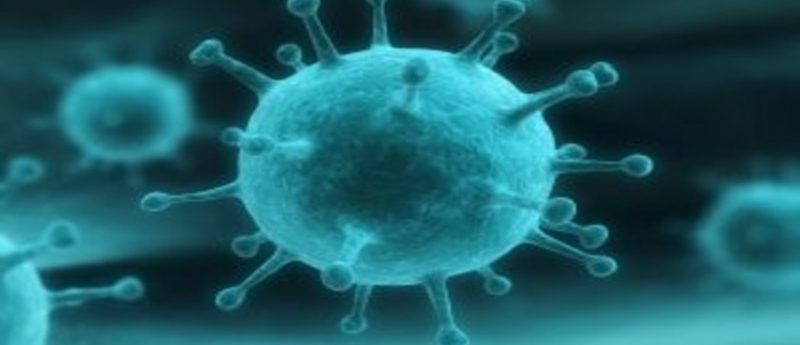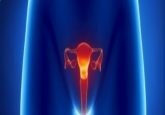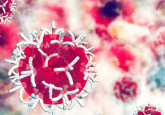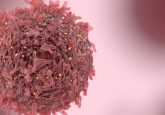Curcumin as an anti-human papillomavirus and anti-cancer compound

More than four decades ago, the link between human papillomavirus (HPV) infection and cervical cancer was proposed by a German physician-scientist Harald zur Hausen [1]. His group started working on HPV in early 1970s and isolated two most oncogenic high-risk strains, HPV type 16 and HPV 18, after almost a decade later [2]. Several clinico-epidemiological and molecular studies finally established the causative link between HPV infection and cervical cancer. This seminal work earned zur Hausen a Nobel Prize for medicine in 2008. Several studies later showed that HPV infections constitute about 5% of global burden of human cancers [3].
HPV is a small (˜8 kb) DNA tumor virus which has been shown to be prevalent in about 90% of cervical cancers, 90% of anal cancers, 50% of penile, 40% of vulvar, 70% of vaginal cancers and 20–60% of cancers of the oropharynx [4]. High-risk (HR) HPV types 16 and 18 are specifically implicated in 80–90% of cervical cancers and 30–70% in cancers of other anatomical sites [5]. Interestingly, HPV-related oropharyngeal and/or head and neck cancers are increasing with alarming rate among men and women in developing countries.
Click here to view the full article in Future Oncology.





